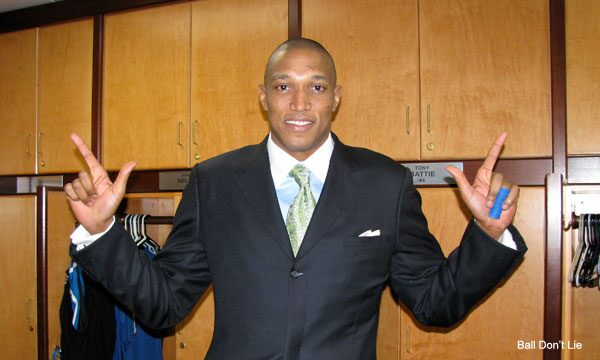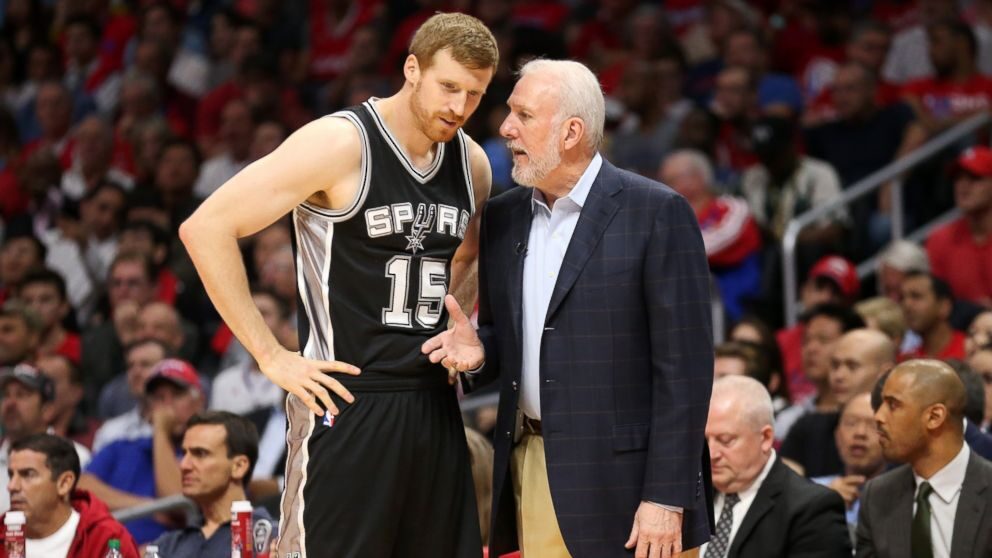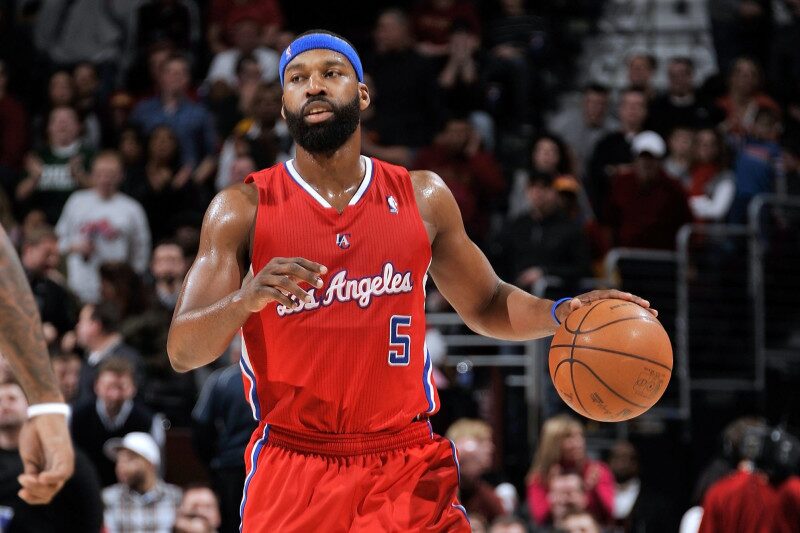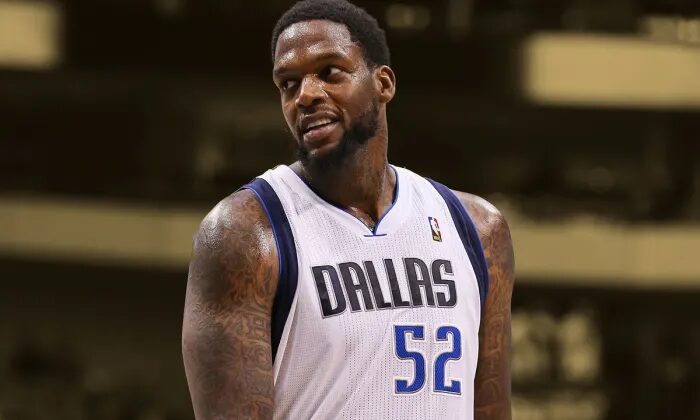The NBA is known for having some over-the-top contracts. With salaries in the tens or hundreds of millions these days, players and teams alike are always looking for creative ways to structure deals. This has led to teams inserting some truly ridiculous bonus clauses and contingencies into contracts over the years.
While performance incentives are common, some are just laughably unattainable or bizarre. From unlikely bonuses to strange personal demands, these are seven of the most ridiculous contract clauses and contingencies in NBA history.
Michael Jordan’s “Love of the Game” Clause
Michael Jordan had unprecedented popularity and talent during his playing days. His legendary competitiveness and work ethic were unmatched. Jordan‘s general manager, Jerry Krause, gave him a unique “Love of the Game” clause allowing him to play basketball whenever and wherever he wanted.

Jordan could participate in exhibition games, pick-up games at local parks, or just host impromptu scrimmages with whoever he wanted. This let Jordan follow his passion while avoiding scrutiny from the team over injury concerns or schedule conflicts.
The clause showed immense trust between player and management – and Jordan was certainly one-of-a-kind enough to earn that autonomy.
Tony Battie’s Overly Optimistic Bonuses
In 2009, the New Jersey Nets included several bonuses in Tony Battie‘s contract that seemed hopelessly unrealistic.
Battie would earn $100,000 each for:
- Playing in 50+ games
- Averaging 8+ rebounds
- Averaging 5+ free throw attempts
He would also get another $100,000 if he was active for 50+ games and the Nets made the playoffs.
The issue? Battie was a role player at best, while New Jersey was a bottom-tier lottery team.
Unsurprisingly, Battie failed to reach any of those benchmarks. In retrospect, it seemed more like wishful thinking by the front office than serious incentives.

Matt Bonner’s Impossible Shooting Expectations
Sharpshooter Matt Bonner has built a career on spreading the floor and knocking down perimeter shots. But in 2010, the San Antonio Spurs set nigh-impossible shooting qualifications for him to reach.
If Bonner‘s cumulative averages from the field (FG%), three point range (3P%) and free throw line (FT%) added up to 169% or greater, he would earn a $100,000 bonus. However, his career averages at the time added up to just 157%.
While Bonner shoots efficiently overall, expecting those types of numbers seemed unrealistic. He ultimately fell well short of the benchmarks for what amounted to an unearned bonus.

Baron Davis & the Clippers’ Losing Bonus
Successful teams don’t draw up incentive clauses for mediocrity. But that’s exactly what the Los Angeles Clippers did when they signed Baron Davis in 2008.
If Davis played at least 70 games and the Clippers won 30 or more, he would earn an extra $1 million. For perspective, no Clippers team had topped 30 wins in the four prior seasons.
Davis ultimately played 75 games, but the team only managed 29 wins. The franchise was so mired in defeat that they crafted a bonus for basic, subpar outputs. It highlighted the strange market landscape for teams like the Clippers at the time.

Jordan Gets Paid for Baseball
When Michael Jordan abruptly left basketball for a MLB career in 1993, most assumed he was leaving millions on the table and risking his future earnings.
As it turns out, Bulls owner Jerry Reinsdorf – who also owned the Chicago White Sox – decided to pay Jordan the $4 million salary he would’ve earned had he stayed in the NBA. Essentially, Jordan got paid a small fortune to be a mediocre baseball player in the minors for a season.
It was likely a goodwill gesture and savvy business move to keep Jordan happy during his hiatus. Still, it was an unprecedented and ridiculous deal for someone of Jordan‘s low standing in his brief baseball career.
Michael Jordan hitting a triple in the Arizona Fall league with this coach, Terry Francona, mic’d up! pic.twitter.com/dA1ONpb90p
— Baseball Quotes (@BaseballQuotes1) February 16, 2024
Nick Collison’s MVP Clause
Role players like Nick Collison provide valuable minutes, defense, screening, and hustle for contenders. But they are far from MVP candidates in a league with LeBron James, Kevin Durant and Stephen Curry.
Somehow, though, Collison had an incentive clause paying him $100,000 if he ever won MVP.
While well-intentioned, it’s borderline impossible to fathom him even receiving a fraction of the MVP vote, much less winning outright.
Clauses like this seem more like morale boosters than serious considerations. In Collison‘s case, the extra money definitely wasn’t changing hands.
Eddy Curry & NBA Weight Clauses
Eddy Curry‘s size, strength and touch around the rim made him seem primed for NBA stardom early in his career. However, weight and conditioning issues continuously held him back from reaching his potential.
Curry‘s struggles spotlighted the need for weight clauses in some contracts to compel players to stay in shape.
For example, Glen “Big Baby” Davis had several clauses requiring him to hit target weights to earn bonuses while with the Boston Celtics.
Still, assigning player values and setting defined weight limits in contracts dances a fine line. But in some cases, like Curry‘s, they offer necessary motivation to keep players disciplined and effective.
While contract clauses like these vary from thoughtful to outrageous, they reflect how creative teams and players get structuring modern NBA deals. In a star-powered league with massive contracts, the parties involved are clearly seeking any edge they can find – sensible or not.

Sources:
fadeawayworld.net/entertainment/15-weirdest-contracts-and-clauses-ever
clutchpoints.com/the-15-most-absurd-contract-clauses-in-nba-history
bleacherreport.com/articles/1170804-seven-most-ridiculous-contract-clauses-in-nba-history





